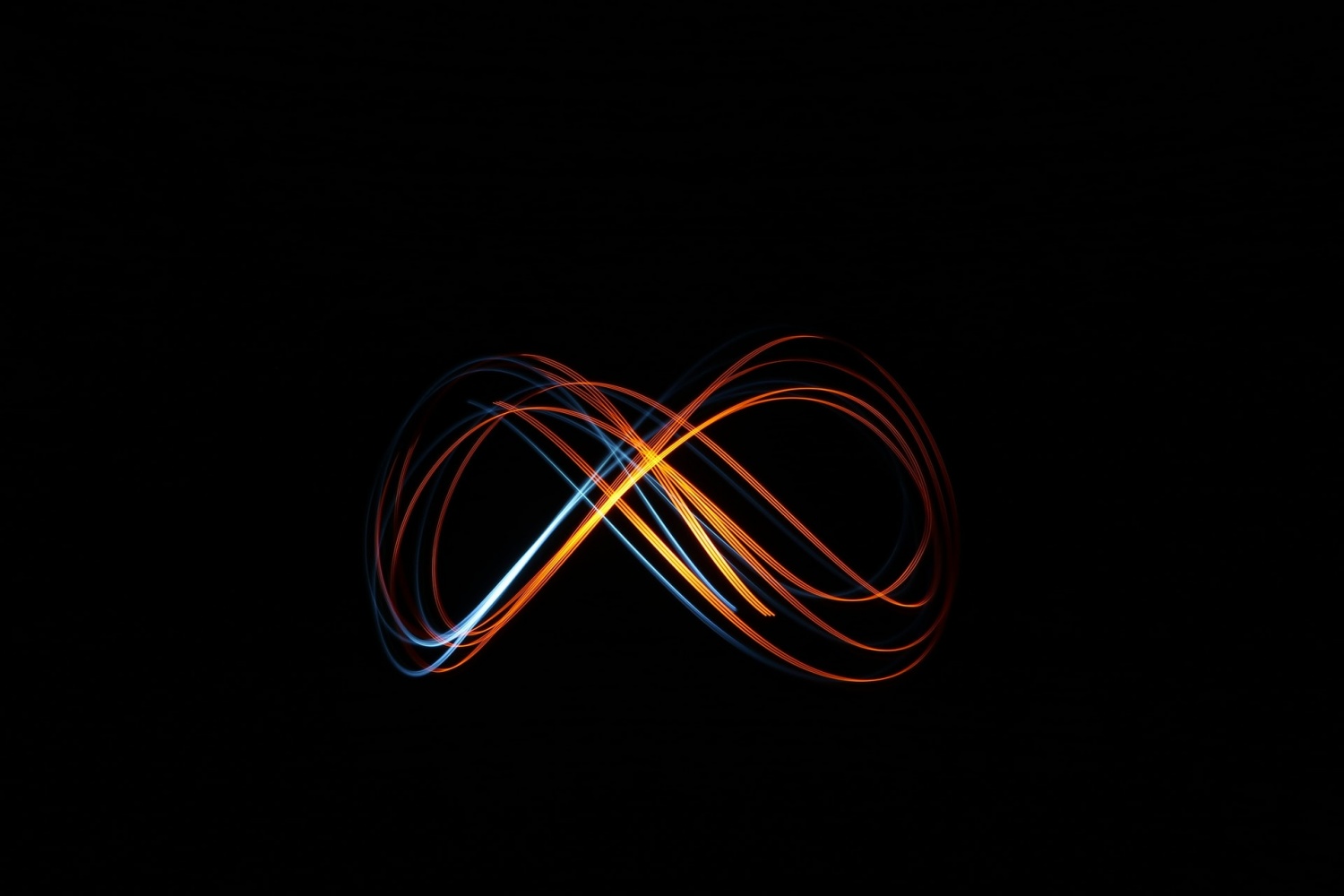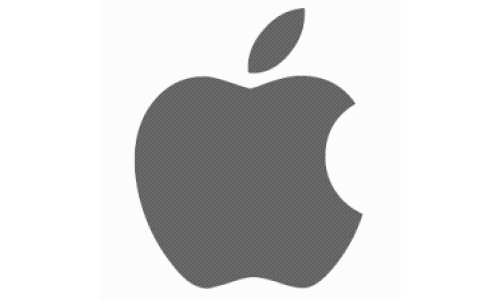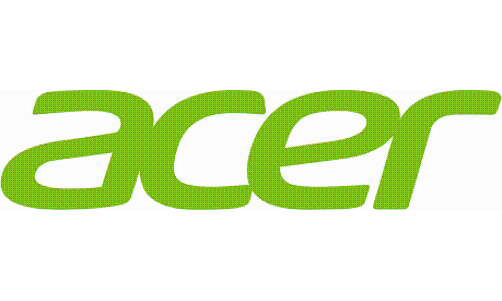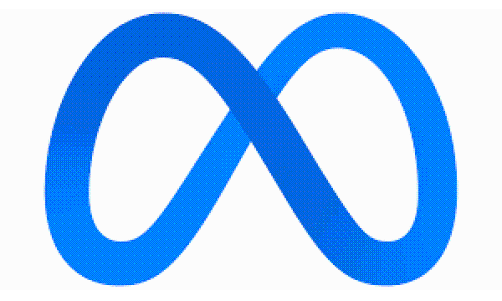It's hard to believe that this year, the worldwide web turns 32 years old and is slowly but surely marching its way toward "middle age." Those born after the rise of the web, including DFINITY and the Internet Computer, may find it difficult to imagine an existence where such worldwide connectivity didn't exist, but this was how everyone used to live - no hand-held devices, no social media, no apps.
Humanity has come far since the early days of the web. However, this journey between where the web started and where it is now deviates from what the early trailblazers imagined.
Internet pioneers imagined the web as an equalizing force for humanity by bringing everyone on Earth online. Equal and open access to all available information was supposed to level the playing field for all global citizens.
Unfortunately, this isn't what happened.
Instead, the design that currently powers the web has created a scenario where those entities who are managing and hosting data and critical internet infrastructure are those who ultimately control the web. From Amazon to Microsoft and other "Big Tech" companies - these institutions are effectively in control of what people can read, watch, and do online.
The end of 2020 saw Amazon control 33% of the internet market, with Microsoft and Google following with 18% and 9% of the market share, respectively. Collectively, this "Big Three" controls approximately 60% of the web today. When factoring in other forms of control (e.g. countries where the government can directly control what its residents can/cannot see within its borders), the vision of a free-flowing transfer of information enabled by the web disappears even further.
This was not the outcome the pioneers of the web envisioned.
But that early vision is being preserved and pursued by DFINITY, the major contributor to the Internet Computer blockchain project. The Internet Computer (IC) is a decentralized internet platform users can build on at any time without leveraging any of the big tech infrastructure that providers of today are selling.
Bitcoin, Blockchains, and the Rise of Ethereum
This year, Bitcoin officially became a teen: The first Bitcoin transaction took place on Jan. 12, 2009.
While Bitcoin and other decentralized cryptocurrencies have taken off during the past few years, the population as a whole still lacks a general understanding of the power of decentralization and what such blockchains truly enable.
Understanding the potential of decentralized technologies and the limitations of Bitcoin, Canadian computer programmer Vitalik Buterin put forth a vision in 2013 which would eventually establish the Ethereum blockchain and the Ethereum Virtual Machine (EVM).
The goal of such a blockchain was to create a "world computer" through an ecosystem with a set of tools where builders could begin developing applications and programs which are geared toward a decentralized web. Such an environment would stand vastly different from the one most online users see and use today, where control of systems continues to consolidate and be aligned in the hands of the few.
Since its launch, Ethereum has been wildly successful, becoming the world's second most valuable blockchain (by market capitalization) and one of the key blockchains that developers consider when launching new decentralized applications (dApps), non-fungible tokens (NFTs), and more.
Despite its successes, the Ethereum network has its challenges and hasn't become the world computer it was meant to be.
The DFINITY Foundation and the Internet Computer Blockchain
The DFINITY Foundation is a not-for-profit organization that's on a mission to develop technology that supports the next generation of the internet. Founded in 2016, DFINITY employs over 200 team members - many coming from the world's most renowned institutions, organizations, and universities. DFINITY is led by founder and chief scientist Dominic Williams, an early Ethereum technologist who is overseeing the development of a decentralized world computer.
The Internet Computer - Humanity's First World Computer
While today's internet may appear open and decentralized to the average user, we've already seen with Amazon, Microsoft, and Google's market share that the reality is far from it. Blockchains such as Ethereum and Solana have looked to solve this issue of centralization; however, a deeper dive into the data tells a story about decentralization that gets overlooked by the general public.
A 2020 study revealed that a whopping 70% of Ethereum nodes are hosted on centralized services like those of AWS (Amazon) and Microsoft. It's also been reported that Solana, the rising 2021 star of the blockchain world, has reported over 50% of its nodes are centralized with Big Tech providers. In such a scenario, how can true decentralization exist if the underlying infrastructure continues to be controlled by mega-corporations?
Luckily, DFINITY's Internet Computer changes everything. With its core principles focused on creating a full sovereign infrastructure, the Internet Computer has the underlying foundation in place to realize the visions of early web pioneers. This world, which provides censorship-resistant structures, finally enables a level playing field for all participants.
DFINITY's solution differs from other blockchain offerings in that it has zero centralized cloud nodes. As of Jan. 4, 2022, there are 412 sovereign, censorship-resistant Internet Computer nodes, which are operated by independent providers around the world. Such an arrangement means the Internet Computer blockchain is immune to shutdown by any centralized parties.
In addition to this foundational design, the Internet Computer boasts lightning-fast speeds, a "reverse-gas" model, low-cost storage of data on-chain, and a user-friendly Web3 experience.
- Lightning-fast speeds: Block times for typical Bitcoin transactions can average 10 minutes. Ethereum's transaction speeds are significantly better, averaging 13 seconds. Neither can compare to the Internet Computer, which has sub-one-second transactions (0.045 seconds). Additionally, with the ability to process up to 250k queries per second, the original blockchains simply are no match for DFINITY's IC solution.
- Reverse-gas model: Unlike other blockchains where the consumer is responsible for paying transaction fees associated with conducting transactions on-chain, the Internet Computer was built with a different model. DFINITY has designed the IC so developers supply the funds to run the blockchain (not the end users). With "no gas," users have greater economic incentive to use the Internet Computer blockchain, since they're not burdened by the additional costs of conducting transactions on-chain.
- Low-cost on-chain data storage: The IC blockchain allows users to store data directly on-chain at an affordable cost. For 1 gigabyte, the cost of storage is just $5 annually. In comparison, storing 1GB worth of data on Ethereum can cost $240 million per year. The Solana blockchain fares relatively better but still is out of reach for most individuals with a cost of $840,000 per year for the same amount of storage.
- User-friendly Web3 experience: Unlike dApps on other blockchains, dApps that launch on the Internet Computer provide an experience thats highly similar to the Web2 experience. This is made possible because the IC blockchain directly serves HTTP calls to its users, allowing for the same type of experience that highly popular Web2 apps today have for its consumer base. This stands in contrast to other applications on competing blockchains, which often have user experiences that leave much to be desired.
With these additional benefits, in addition to a true world computer built with an unstoppable infrastructure, DFINITY's Internet Computer is finally realizing the initial visions by early pioneers of the World Wide Web.
The Future of the World Computer
DFINITY and its Internet Computer are just getting started. With Internet Computer's mainnet - an independent live blockchain with its own protocol and technology - only launched in 2021, a host of more exciting new features and developments is on the foundation's roadmap in the foreseeable future.
Other blockchains and projects speak of decentralization and a vision of a world computer but few have been able to achieve this at-scale to date. DFINITY has designed something completely different and one which meets all of these critical pillars and more.
Censorship-resistant, the Internet Computer is infinitely scalable and hasn't sacrificed speed, usability, cost, or any of the other critical pillars in a blockchain solution. As more and more developers and users discover the Internet Computer, a rise in solutions available on the platform and across various industries is sure to rise and serve the needs of the world.















